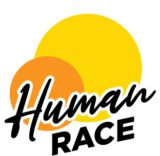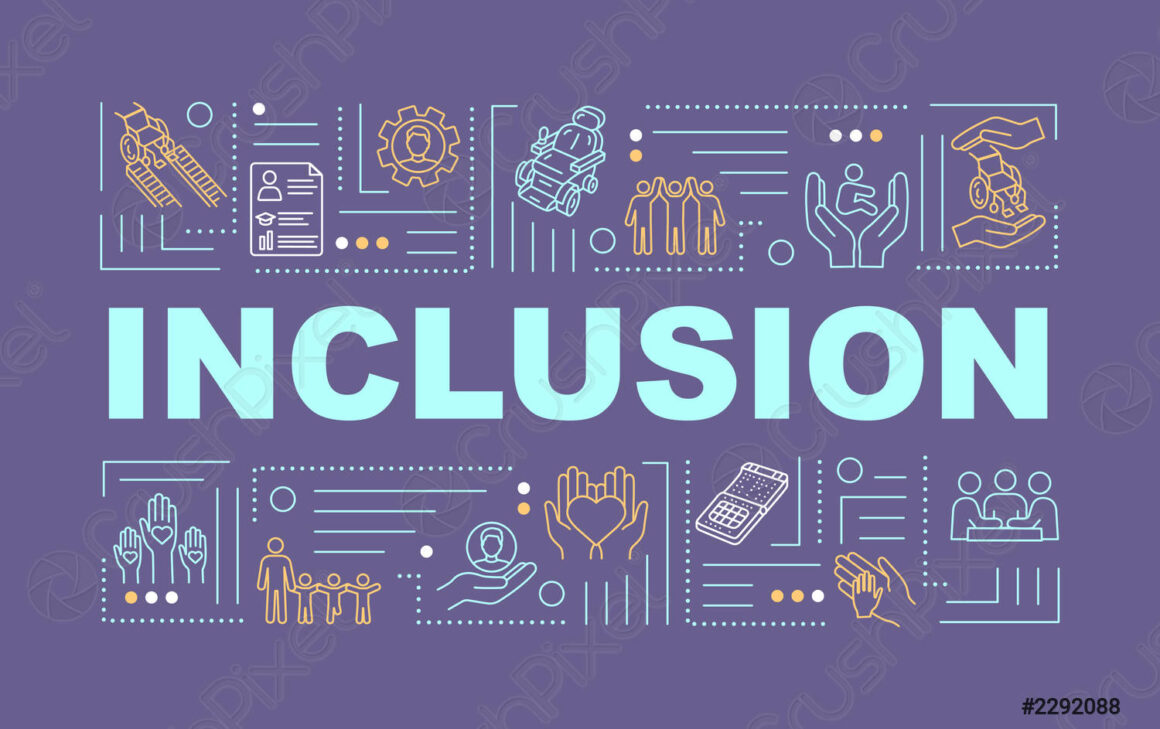We’ve seen up close how stories have the power to shape change. How it can build narratives so far unexplored and how far it goes in creating a better world that we can all live in. We’ve seen stories that move, that inspire, that allow us a glimpse into life as we didn’t know it could be.
Society is made for the able-bodied; for the “neurotypicals” (individuals that don’t display neurologically atypical patterns of thought or behaviour), it’s just-how-things-have-been. The responsibility, then, falls on this exact society to create a world far more inclusive than it is today. Read on to find out how you can start contributing:
Shatter the language stereotype!
Language plays a fundamental role in molding society and changing mindsets. Having said that, the first thing we can do is to adapt and normalise a more inclusive manner of communicating with each other. Maybe start letting go of words like the “r-word” and phrases like “I’m so OCD” (when really, you mean you like having things done a particular way)? Find some more resources on what ableist language constitutes here
Be an ice breaker
Get to know people! Go a step beyond just creating aspirational images of differently-abled people going about their lives. Have meaningful conversations about what everyday looks like for people of all abilities, understand that this is a person with their own identity, goals, and ways of life that does not revolve around their disabilities. Their disability does not define them.
Mic check? 1, 2, 3…
LISTEN! Pass the mic on, let people talk to you of their own lived experiences — you’ll learn far more about the world at large than you ever would from just an article. You’ll get better at recognizing specific triggers, or when someone is in acute need of help but isn’t necessarily able to describe it to you.
I’m sorry, I couldn’t quite catch that–
I hope you’ve been paying attention so far. So, in the spirit of listening more intently: it’s also a great tool for when you’re probably trying to be helpful but are overstepping boundaries; know when your assistance is needed and when it isn’t. (could we get more specific on this point, like make it about listening without prejudice and judgment?)
Techno-logistics: wait, what’s that?
Adding a subtitle to a video goes a long way in making things so much easier for a lot of people. The magic word here is accessibility. Your websites, the videos you make, the things you consume online. Technology has made accessibility as simple as a click of a button. A Google translate to bridge barriers, a button on YouTube that automatically generates subtitles. Here are a few tools to help you:
- https://dynomapper.com/features/website-accessibility-testing
- https://www.tpgi.com/free-accessibility-testing-tools/
So you’ve reached all the way here. Here’s a little secret for you: walking these last few miles, putting one after the next was the best thing you’ve chosen to do today. However…
One of the greatest things to learn from is your mistakes. It’s safe to say that most of us have been in situations where we’ve been less-than-appropriate in our attitude or tone. It matters that we hold ourselves accountable for each instance of wrongdoing — the impact you had matters. Not your intent. Go the extra mile and educate yourself. Donate to organizations that are putting in the effort and are laying the foundation to build the world we are envisioning.
How have you tried to be a better ally? Let us know in the comments below!

